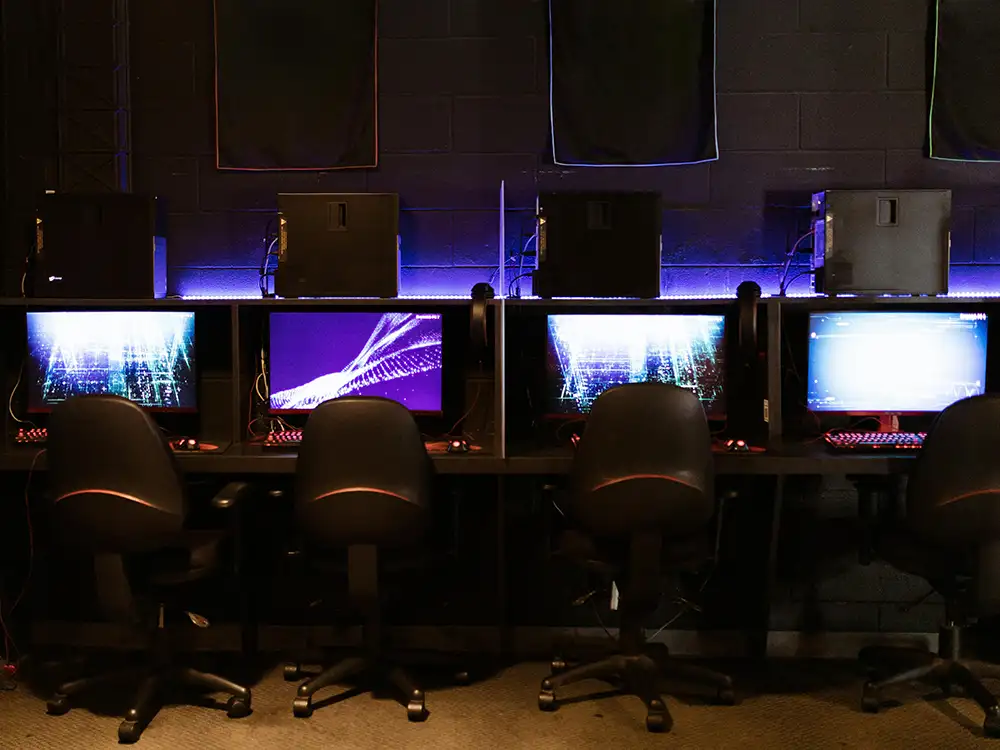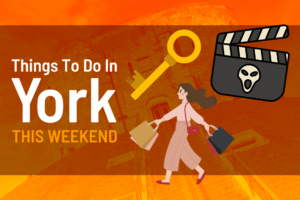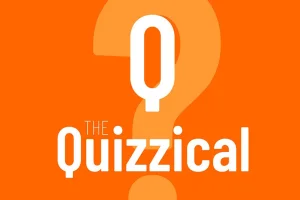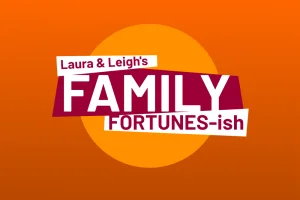The social aspects that are now built into online platforms have transformed how people play games.
Before, gaming used to be a largely individual experience, but nowadays it can resemble a community event. Players do not simply log in to play or relax, they log in to socialise, communicate, and share the ups and downs of the experience. It could be a group, a quick message in a chat box, or a streak of quick wins. The social aspect of online play has become as significant as the games themselves.
The momentum created by fast wins has made them an important feature in social play. Playing a quick game with objectives that are quicker to attain lowers the commitment required. Games such as poker, blackjack, and other real-money format options pair this with faster payout structures that contribute to this energy, with wins that are more immediate and more sharable. Players do not like to wait when the aim of playing is to have fun and maintain the flow.
Conversations in community groups often circle around ways to make sure payouts match the pace of play, and even resources like fast withdrawal tips by Esports Insider show how closely tied winning, chatting, and cashing out have become. That connection between speed and social validation makes instant or near-instant wins even more satisfying, not only in terms of money but also in terms of emotion, as other people view and respond to the outcomes nearly in real time.
On the other hand, one of the most obvious ways this shift can be seen is through online groups. They are of all shapes and sizes, including small groups of friends that play together on a daily basis, and large communities with thousands of members. These communities act as a central point where players can talk about strategies, highlights, or even just chat about life beyond the game.
The similarity between them is that they both have a shared knowledge that the game is only half the experience; the other half is the interaction. A large victory or a brilliant move acquires another value when it is recounted in a chat on Discord or some other related platform. or when other people applaud it. This social element drives more prolonged interaction and helps players feel that they are not alone in their session.
Another significant part of the puzzle is chats. They make the play dynamic in that players can respond immediately to the actions or results of the other players. The off-the-cuff remarks, emojis, and in-jokes all form some sort of background chatter that accompanies the gameplay. This adds even the ordinary play to be more interesting, as players are never actually playing alone. Chatting, joking, and sharing reactions make the experience even more layered, and each session becomes a social event, not only a game.
Fast wins are directly related to this system of chats and reactions. An unexpected payoff or a sudden win tends to trigger outbursts of talk. The smallest outcomes can cause excitement during group discussions, as members feed off one another. That loop of short-term results and short-term social reward is part of the reason why fast results have become so popular. Wins are no longer personal experiences in online play, but collective achievements, and the sooner they can be shared, the more effective they are.
There’s also the competitive element that emerges when people gather around shared gaming experiences. Leaderboards, tournament brackets, or even informal challenges within groups all bring out a social dynamic built on competition. Players push each other to do better, compare outcomes, and track each other’s progress. This creates a rhythm of motivation that keeps the group engaged and makes each individual session more meaningful. Success in this context isn’t only measured by the payout or achievement itself but also by the recognition from peers who see and acknowledge it.
Many platforms also layer in additional tools to strengthen these social bonds. Voice chats, shared streaming features, and collaborative modes all help players stay connected beyond the text-based systems that first appeared. These tools don’t just replicate in-person play; they enhance it, allowing people from different parts of the world to feel as though they’re sitting side by side. The technology enables the human connection, and the fast pace of digital wins keeps the interaction lively.
Ultimately, the social side of online play reflects a blend of speed, connection, and shared experience. Groups give players a home, chats keep the energy flowing, and fast wins provide the sparks that light up conversations.












